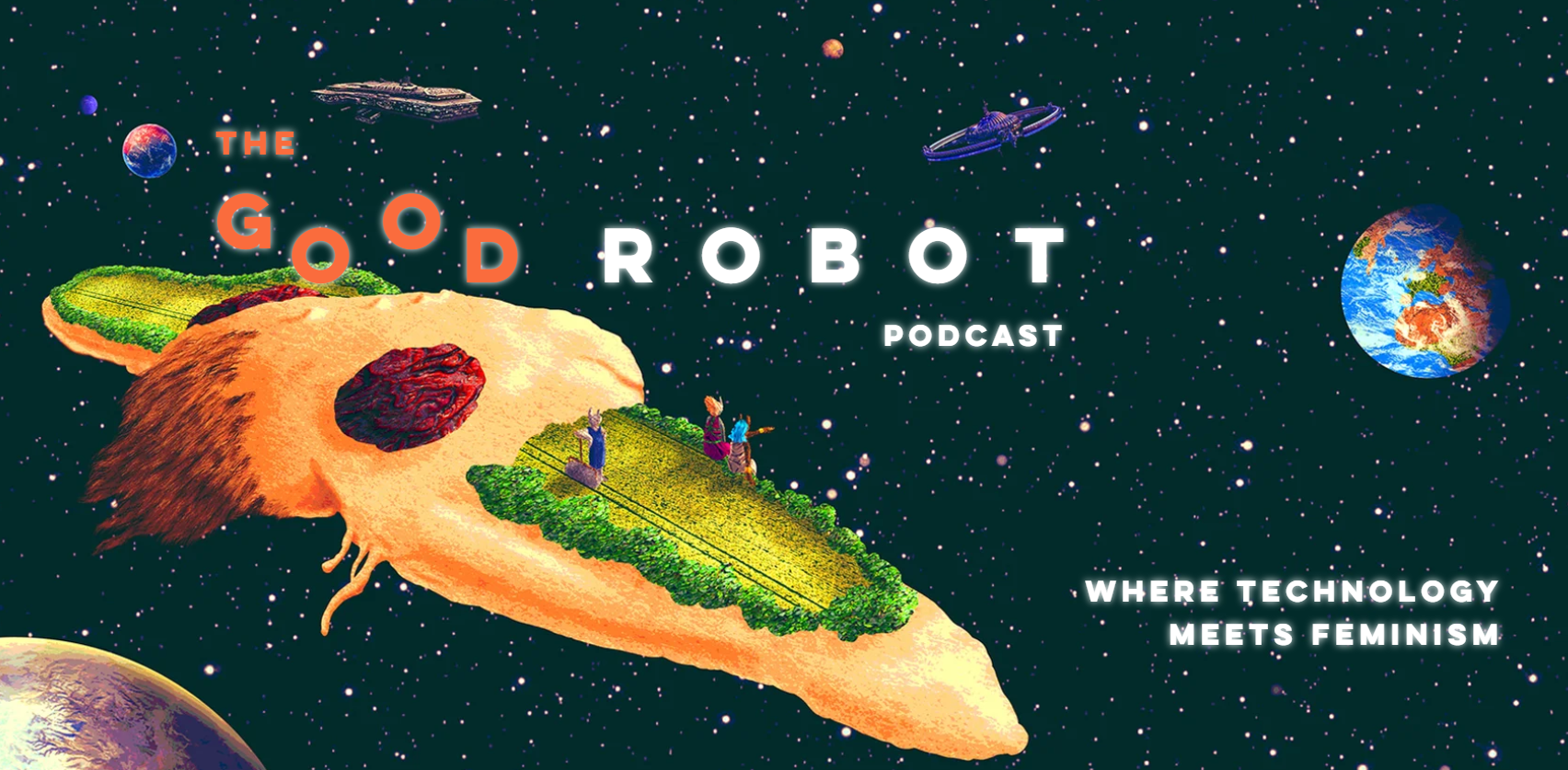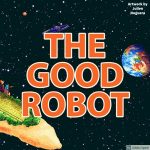
ΑΙhub.org
The Good Robot Podcast: Featuring Maurice Chiodo

Hosted by Eleanor Drage and Kerry Mackereth, The Good Robot is a podcast which explores the many complex intersections between gender, feminism and technology. In this episode, Maurice Chiodo talks about ethical maths.
What on Earth is ethical maths? With Maurice Chiodo
We often think that maths is neutral or can’t be harmful, because after all, what could numbers do to hurt us? In this episode, we talk to Dr Maurice Chiodo, a mathematician at the University of Cambridge, who’s now based at the Centre for Existential Risk. He tells us why maths can actually throw out big ethical issues. Take the atomic bomb or the maths used by Cambridge Analytica to influence the Brexit referendum or the US elections. Together, we explore why it’s crucial that we understand the role that maths plays in unethical AI.
Listen to the episode here:
Maurice Chiodo addresses the ethical challenges and risks posed by mathematics, mathematicians, and mathematically-powered technologies. His research looks at the ethical issues arising in all types of mathematical work, including AI, finance, modelling, surveillance, and statistics. He set up the Ethics in Mathematics Project in 2016 and has been its principal investigator since then, delivering seminar series, giving invited talks, and producing scholarly articles in the area. Maurice has direct industry experience with over 30 startups, having been a member of the Ethics Advisory Group at Machine Intelligence Garage UK for over two years. He comes from a background in research mathematics, holding two PhDs in mathematics, from the University of Cambridge and the University of Melbourne, and has over a decade of experience working as an academic mathematician on problems in algebra and computability theory.
About The Good Robot Podcast
Dr Eleanor Drage and Dr Kerry Mackereth are Research Associates at the Leverhulme Centre for the Future of Intelligence, where they work on the Mercator-Stiflung funded project on Desirable Digitalisation. Previously, they were Christina Gaw Postdoctoral Researchers in Gender and Technology at the University of Cambridge Centre for Gender Studies. During the COVID-19 pandemic they decided to co-found The Good Robot Podcast to explore the many complex intersections between gender, feminism and technology.









